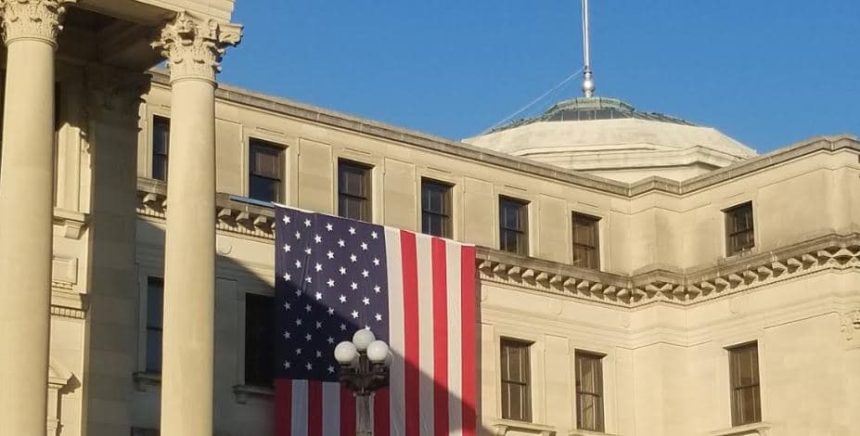(Article written by Steve Wilson, Investigative Editor with Mississippi Center for Public Policy)
The Mississippi legislature will be returning to Jackson on May 18 to continue unfinished business. While the state budget will be the priority, the legislature also has to act on repealers that are expiring on June 30.
Repealers are sunset provisions that end an agency or program unless they are extended after a certain period of time. The legislature uses this tactic on a new program to force a re-evaluation (usually in two or three years) and possible changes.

Most state agencies have a repealer on them, usually for four years, and extending this is often a formality without major changes.
The cities that pass tourism-related taxes on hotels and restaurants have a repealer and several cities — Pontotoc, Hattiesburg, West Point, and Winona — have taxes that will expire due to their repealers.
The biggest repealers that need to be dealt with by the legislature are the Education Scholarship Account program for children with special needs and the Public Service Commission, which regulates utilities. Without legislative action, the ESA program will end on July 1 and the PSC will cease to exist on the same date.
The ESA program could’ve been extended last year, but after a clean bill passed the Senate, the House Education Committee let it die without a vote. The sole remaining hope for the ESA program, Senate Bill 2594, changes the program for the worse in several ways.
One of those ways is that it will end the ability of parents to use ESA funds to pay for online programs and remove the ability for parents to allow their child to attend a school in another state (using the ESA to pay tuition) if there isn’t a school within 30 miles of their home.
The good news is the bill will extend the program to 2024. It passed the Senate and will be in the hands of the House once the legislature reconvenes.
As for the PSC, House Bill 1561 would extend the repealer for the PSC until 2024. The bill would also require the state’s two-investor owned utilities (which are regulated by the PSC) to incorporate the costs of purchasing electricity from renewable sources into the ratebase, meaning ratepayers will have to pick up the tab for wind, solar and biomass energy.
The bill was passed by the House and is now in the hands of the Senate.
As for some of the other repealers in need of legislative action, they are:
- SB 2771 would extend the repealer on the related tax credits and increase the amount of credit for businesses as part of the Children’s Promise Act. It was tabled and subject to call, which means it is still alive.
- HB 679 would extend the ability of the state Board of Health to charge fees for services based on the cost of those services. This bill has passed the House.
- HB 681 would give the State Port Authority the ability to use design-build method for certain projects and has passed the House.
- HB 684 would extend the repealer on the law that requires counties to levy a forest acreage tax. It has passed the House.
- HB 685 would extend the authority of the state to house offenders in county jails when there isn’t enough space in prisons. Has passed the House.
- HB 686 would extend the repealer on the Patient’s Right to Informed Healthcare Choices Act. It has passed the House.
- HB 687 would continue the requirement that the Mississippi Boll Weevil Management Corporation submit audits by November 15. Passed by the House. A Senate version is now in the hands of the House Agriculture Committee.
- HB 688 would extend the repealer on the MS Pharmacy Practice Act. Passed the House.
- HB 689 would extend the repealer on the Petroleum Products Inspection Law. It has passed the House.
- SB 2307 would continue the State Board of Barber Examiners until 2024. It has passed the Senate.
- SB 2509 would extend the repealer on state law that defines what constitutes a failing school district. Passed by the Senate, it is now in the hands of the House Education Committee.
- SB 2353 would reauthorize the Critical Needs Teacher Forgivable Loan Program. It passed the Senate and has been double-referred (not a death sentence since the bill deals with appropriations) to the House Education and Appropriations committees.







